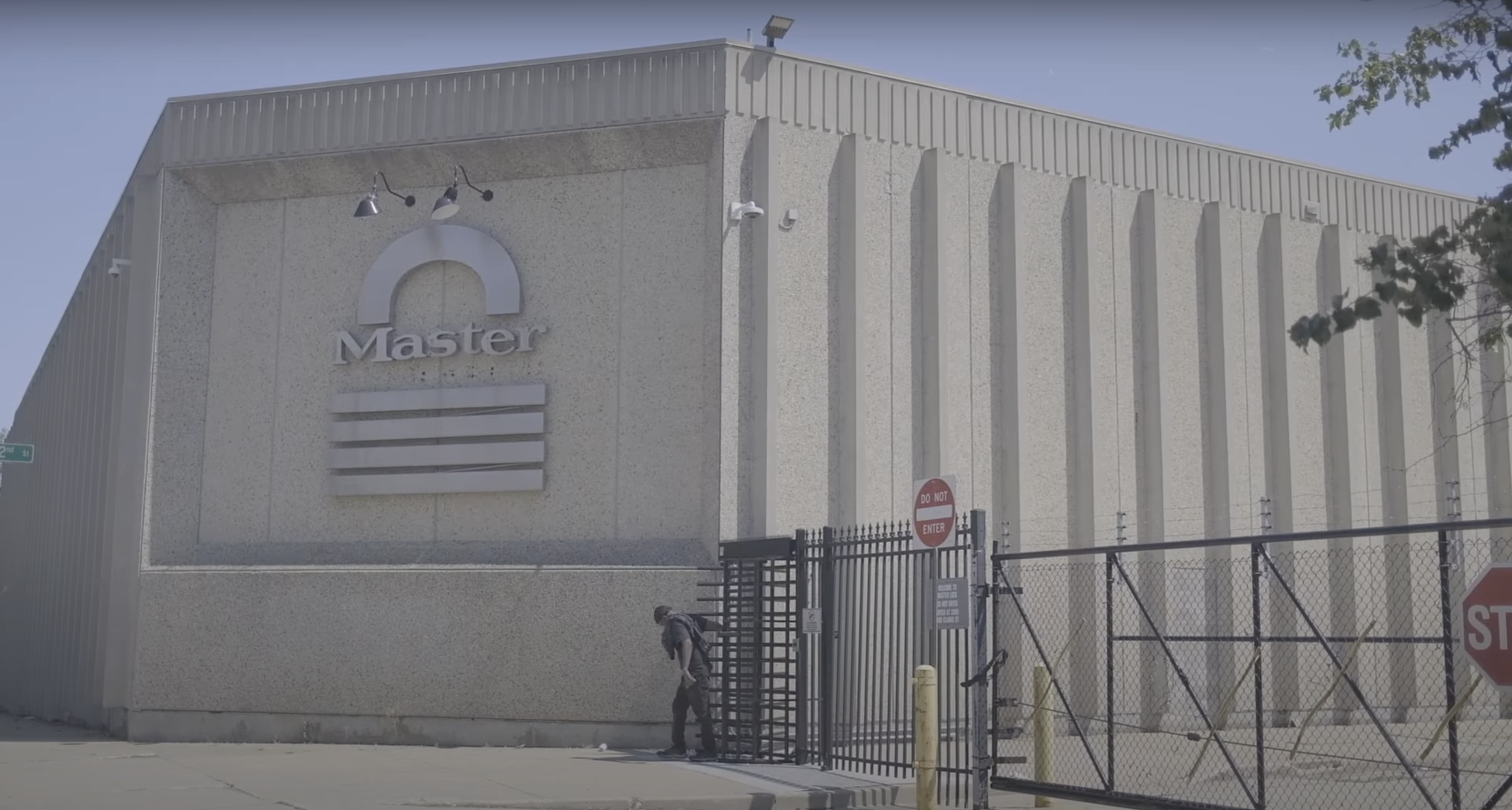
The Master Lock factory in Milwaukee, WI. Footage by Omar Flores.

Share
After more than 100 years, Master Lock’s iconic factory in Milwaukee is shutting its doors in March 2024. The closure will result in 400 lost union jobs, and also mark the end of a former industrial region of the city that once housed some 50 plants.
The Real News, In These Times, and Workday Magazine speak with current and former Master Lock workers on what the closure of this longstanding plant means for them and their community.
Transcript
The following is a transcript of the video
President Obama:
Hello, Milwaukee. That’s what we’ve got to be shooting for is to create opportunities for hardworking Americans to get in there and start making stuff again and sending it all over the world, products stamped with three proud words, “Made in America.” That’s what’s happening right here at Master Lock.
So y’all have heard enough about outsourcing. More and more companies like Master Lock are now insourcing. We’re going to create more success stories like Master Lock, and we will remind the world just why it is the United States is the greatest nation on Earth. Thank you, everybody. God bless you. God bless America.
Sara Morris:
Hi, my name is Sara Morris.
Susan Thomas-Hall:
I am Susan Thomas-Hall.
Sara Morris:
I’m 70 years old.
Susan Thomas-Hall:
I just turned 68 years old. I started in Master Lock in September of 1973. So in total, I worked there for 49 years.
Sara Morris:
Well, August the 21st of 2023, I’ll be there for 45 years. I’m currently there. I’m still there after all these years.
I like my job because it’s challenging. You don’t see too many women in jobs that I do because we work with very harsh chemicals, but you treat them with respect.
Our older people taught us how this should look. We ain’t went to school for nothing. We didn’t have no degree in nothing. It was just taught right down the line.
Susan Thomas-Hall:
And we were good at it.
Sara Morris:
Yeah.
Susan Thomas-Hall:
I had a ball doing all of that, and it was a learning experience. I learned a lot there. I grew up there. I started when I was 18. Those old women taught me a lot about life.
Sara Morris:
We wanted the job to stay here. We all are focused on our jobs, what quality of life we can have, and just work our hands to the bone. But it just didn’t happen like that, so it’s being shipped all over.
Susan Thomas-Hall:
But it got to the point where we wasn’t involved in the decision making process because you were taken out of the loop, more or less. That was part of the big downfall. Going on down the years, it started to change because the people they brought in were more concerned about what they can do for the bottom line than what we needed to get them to the bottom line.
Rev. Greg Lewis:
You have a responsibility to fight until the bitter end. You can’t let people just do things to you. We got to stop letting people do things to us. Yeah, we got to make things happen for us.
Speaker 5:
Amen.
Rev. Greg Lewis:
I don’t care what they say that this fight is over, it’s all over. No, it ain’t over for me. It ain’t over because we’ll be fighting and scratching and crawling to the bitter end. We’ll never say never had nothing. We’ll never do that.
Mandela Barnes:
… just to squeeze a couple more pennies to increase shareholder value.
Speaker 7:
Yeah, that’s right.
Mandela Barnes:
We’re here to say that we won’t accept it.
Speaker 8:
That’s right.
Mandela Barnes:
We’re not going to take this silently. We’re not just going to move to the side and let them take these good paying jobs out of this community.
Susan Thomas-Hall:
They’re making a big mistake. To put profit before people is damaging. When you have a community that has embraced you for all of these years, it’s just like turning your back on your best friend.
Sara Morris:
Shame on you. Shame on you to put us … After all these years of all this service that we done gave to them, we deserve better than this.
Susan Thomas-Hall:
I don’t know where it’s going, but I know to this day, they haven’t given the employees a real reason why. I don’t know if they’re ashamed to say profits. Think about what this means to the people who put you where you are. I know how hard they work. I was one of them, and I allowed them to really work me harder than I should have been. But it was because of the love for the company. So to just turn your backs on it, why?
Sara Morris:
Well, I want them to remember that we were hardworking men and women and we cared about the community, we care about people. I want them to remember that we were in that place and we done it. So it can be done.
Susan Thomas-Hall:
I would really hope and pray that they look back on 32nd and Center and know that that’s where they came from.
Sara Morris:
I’ll miss it.
This video was made in partnership with Workday Magazine and The Real News Network.

